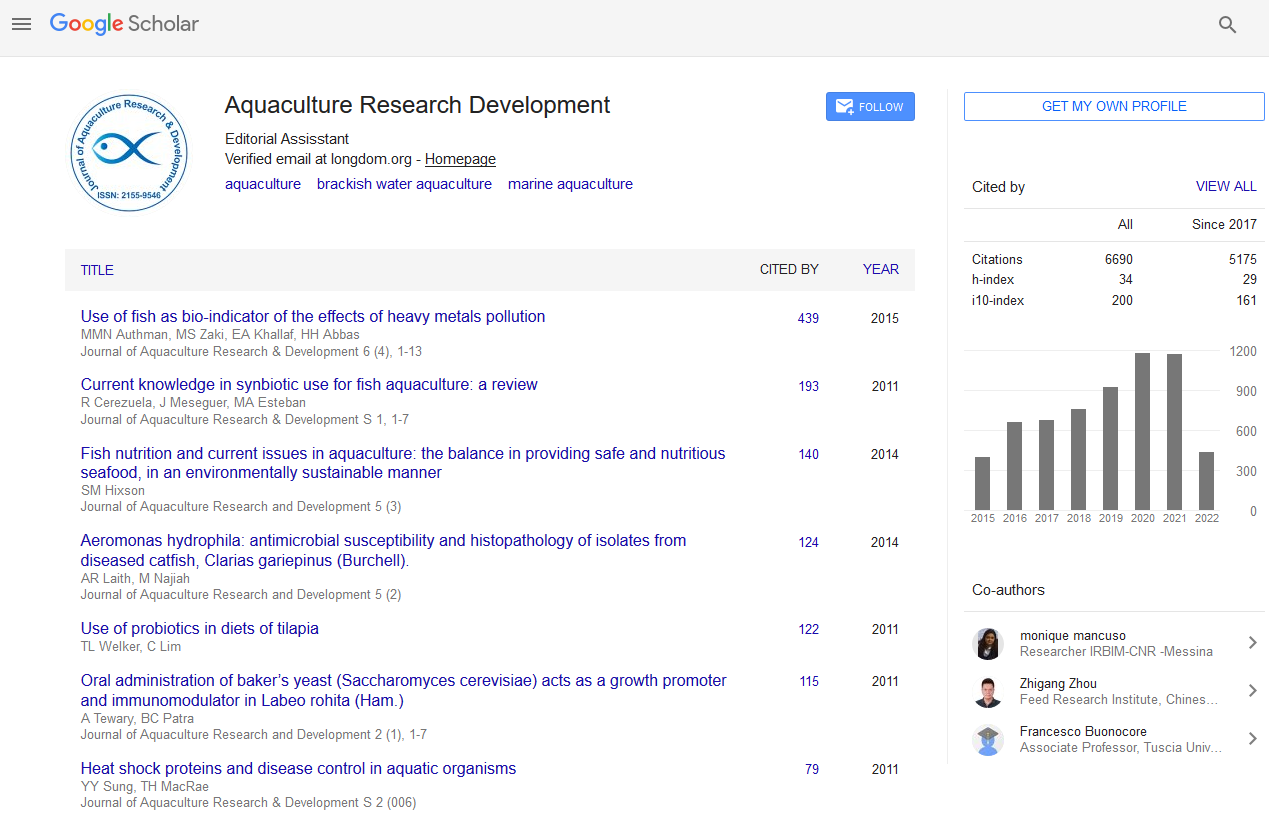PMC/PubMed Indexed Articles
Indexed In
- Online Access to Research in the Environment (OARE)
- Open J Gate
- Genamics JournalSeek
- JournalTOCs
- Scimago
- Ulrich's Periodicals Directory
- Access to Global Online Research in Agriculture (AGORA)
- Electronic Journals Library
- Centre for Agriculture and Biosciences International (CABI)
- RefSeek
- Directory of Research Journal Indexing (DRJI)
- Hamdard University
- EBSCO A-Z
- OCLC- WorldCat
- Scholarsteer
- SWB online catalog
- Virtual Library of Biology (vifabio)
- Publons
- MIAR
- University Grants Commission
- Euro Pub
- Google Scholar
Useful Links
Share This Page
Journal Flyer

Open Access Journals
- Agri and Aquaculture
- Biochemistry
- Bioinformatics & Systems Biology
- Business & Management
- Chemistry
- Clinical Sciences
- Engineering
- Food & Nutrition
- General Science
- Genetics & Molecular Biology
- Immunology & Microbiology
- Medical Sciences
- Neuroscience & Psychology
- Nursing & Health Care
- Pharmaceutical Sciences
Development of integrated multi-trophic aquaculture (IMTA) in the Adriatic Sea
10th Euro-Global Summit on Aquaculture & Fisheries
October 08-09, 2018 | London, United Kingdom
Ivan Zupan, Tomislav Saric and Melita Peharda
University of Zadar, Croatia
Institute of Oceanography and Fisheries, Croatia
Posters & Accepted Abstracts: J Aquac Res Development
Abstract:
During the last decade numerous studies have demonstrated the economical, ecological and social benefits of integrated multi-trophic aquaculture (IMTA). The majority of these studies were targeted towards integration of finfish (salmon) with extractive organisms (bivalves) and seaweed. However, in the oligotrophic Mediterranean, and especially in the Adriatic Sea, research related to potential of the IMTA as a reasonable solution in quest for sustainable aquaculture is relatively limited. The Adriatic Sea is too oligotrophic to support the commercial aquaculture of bivalves at the open sea. Therefore, most of the bivalve production is settled in areas close to the freshwater inputs, such as river estuaries, lagoons and other more eutrophic sites. These sites are relatively small and with increasing problem of conflict with other users (such as tourism and maritime traffic). Therefore, IMTA in the oligotrophic environment seems like a good alternative for an increase of mussel aquaculture, as one of the most consumed species on the EU market. Peharda et al. (2007) found that the production cycle of the mussel in IMTA conditions in the Adriatic Sea is equal to other sites in the area, while condition index was improved compared to the control sites. Zupan et al. published a review article on the potential for development of IMTA in the Adriatic. This was followed by the Zupan et al. (2014) who again reported a prolonged period of higher condition index in Arca noae cultured closer to the sea bass farm. Gvozdenovic et al. recorded faster growth and higher condition index of mussels held closer to the fish farms in Boka Kotorska Bay. Overall, IMTA seems as a reasonable solution to increase production of bivalves in the Croatian part of the Adriatic Sea.
Biography :
E-mail: zupan@unizd.hr


